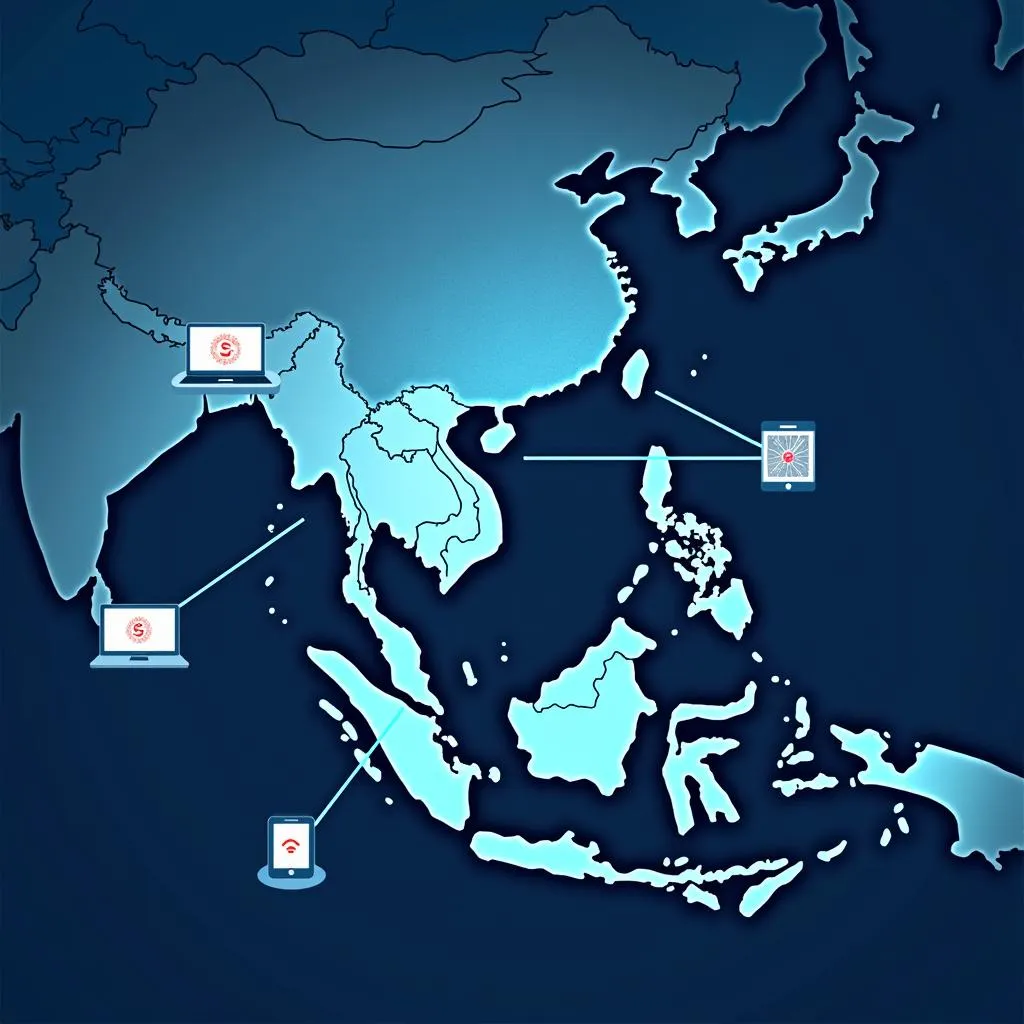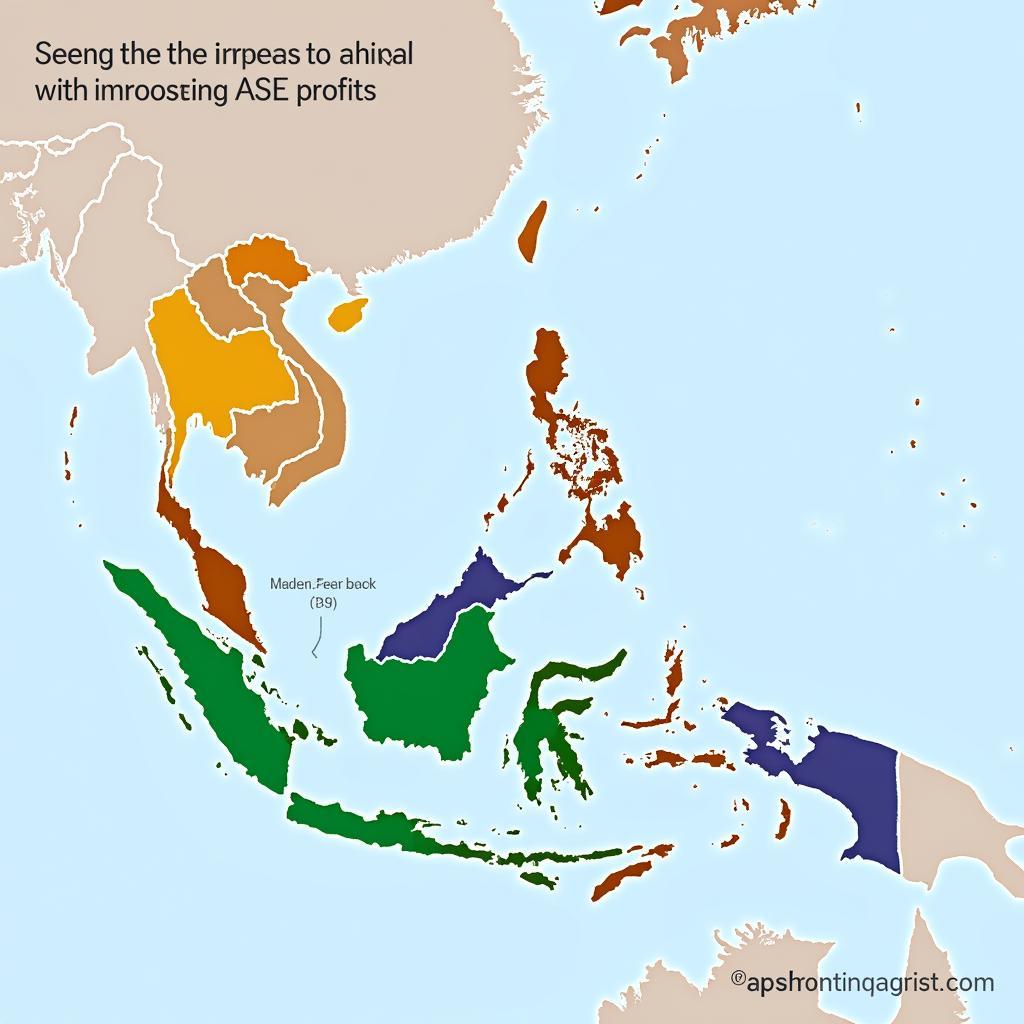The Association of Southeast Asian Nations (ASEAN) represents a dynamic region with diverse cultures, economies, and legal systems. Understanding the complexities of ASEAN legal coverage is crucial for businesses and individuals seeking to operate within or engage with this thriving region. This comprehensive guide delves into the intricacies of ASEAN’s legal frameworks, providing insights into the key considerations and challenges of navigating this diverse landscape.
ASEAN Legal Systems: A Tapestry of Common Law and Civil Law Traditions
One of the primary complexities of ASEAN legal coverage stems from the diversity of its legal systems. The ten member states have inherited a mix of common law, civil law, and religious law traditions, leading to a complex web of legal frameworks:
- Common Law Systems: Influenced by British colonialism, Singapore, Malaysia, and Brunei retain common law systems, characterized by reliance on judicial precedents and case law.
- Civil Law Systems: Rooted in Roman law, countries like Thailand, Vietnam, Laos, Cambodia, and Indonesia follow civil law systems, placing greater emphasis on codified statutes and legal codes.
- Mixed Systems: The Philippines exhibits a unique blend of common law and civil law traditions, reflecting its colonial history under both Spain and the United States.
- Religious Law: While not universally adopted, Islamic law (Sharia) plays a significant role in legal systems like Brunei, where it governs aspects of family and personal law.
This diversity underscores the importance of understanding the specific legal traditions and nuances of each ASEAN country when conducting business or engaging in legal matters.
Harmonization Efforts and Key ASEAN Agreements
Recognizing the need to facilitate cross-border trade and investment, ASEAN has made significant strides in harmonizing its legal and regulatory frameworks. Key agreements and initiatives include:
- ASEAN Comprehensive Investment Agreement (ACIA): The ACIA aims to create a more liberalized and transparent investment environment within ASEAN by providing legal protections for investors, promoting fair treatment, and streamlining investment procedures.
- ASEAN Free Trade Area (AFTA): AFTA seeks to enhance economic integration among member states by reducing tariffs and removing trade barriers. This agreement plays a crucial role in shaping the legal framework for trade within the region.
- Mutual Recognition Arrangements (MRAs): ASEAN has implemented MRAs in various sectors, including professional services, to facilitate the cross-border movement of skilled labor. These arrangements streamline recognition of qualifications and promote mobility within the region.
While these efforts represent significant progress, challenges remain in achieving full legal harmonization. Differences in national interests, political systems, and levels of economic development contribute to the complexity of implementing regional agreements.
Navigating ASEAN Legal Coverage: Key Considerations
For businesses and individuals engaging with ASEAN, understanding the nuances of its legal landscape is paramount. Key considerations include:
- Due Diligence: Conduct thorough research and seek expert legal advice to understand the specific legal and regulatory requirements of each ASEAN country you plan to operate in.
- Intellectual Property Protection: ASEAN has made strides in harmonizing intellectual property (IP) laws, but variations in enforcement and protection levels persist. Consider registering IP rights in each relevant country to ensure adequate protection.
- Dispute Resolution: Familiarize yourself with dispute resolution mechanisms available in ASEAN, including litigation, arbitration, and mediation. Consider incorporating dispute resolution clauses into contracts to provide clarity and predictability in case of disagreements.
- Cultural Sensitivity: Recognize the cultural diversity within ASEAN and tailor your business practices and legal strategies accordingly. Understanding local customs and etiquette can be instrumental in navigating legal matters effectively.
 ASEAN Legal Experts Meeting
ASEAN Legal Experts Meeting
Sector-Specific Legal Considerations in ASEAN
Several sectors within ASEAN warrant particular attention due to their unique legal and regulatory frameworks:
1. Financial Services:
- The financial services sector in ASEAN is undergoing rapid growth and transformation, attracting significant foreign investment.
- However, navigating the complex web of financial regulations, licensing requirements, and compliance standards across different member states presents a significant challenge.
- Seeking specialized legal counsel with expertise in ASEAN financial regulations is crucial for businesses operating in this sector.
2. Technology and Data Protection:
- The rise of digital technologies and cross-border data flows has prompted ASEAN to develop regional frameworks for data protection and cybersecurity.
- However, varying levels of implementation and enforcement of these frameworks across member states pose challenges for businesses operating in the digital sphere.
- Understanding the data protection laws and cybersecurity regulations of each ASEAN country you engage with is vital to ensure compliance and mitigate legal risks.
3. Healthcare and Pharmaceuticals:
- The healthcare and pharmaceutical industries in ASEAN are subject to stringent regulations governing product registration, clinical trials, and marketing practices.
- Navigating the complex regulatory landscape and obtaining necessary approvals can be a lengthy and intricate process.
- Partnering with local legal experts specializing in healthcare and pharmaceutical regulations is essential for successful market entry and compliance.
 Digital Technology Growth in ASEAN
Digital Technology Growth in ASEAN
The Future of ASEAN Legal Coverage
ASEAN’s legal landscape is constantly evolving as the region pursues further integration and harmonization. Understanding these developments is crucial for businesses and individuals seeking to capitalize on the opportunities offered by this dynamic region. Key trends shaping the future of ASEAN legal coverage include:
- Continued Harmonization Efforts: ASEAN is expected to continue its efforts towards legal harmonization, particularly in areas such as intellectual property, competition law, and consumer protection.
- Digital Economy Legal Frameworks: The rapid growth of the digital economy will necessitate the development of robust legal frameworks addressing e-commerce, data protection, cybersecurity, and emerging technologies.
- Sustainable Development and ESG Considerations: As environmental, social, and governance (ESG) issues gain prominence, ASEAN legal frameworks will likely incorporate provisions related to climate change, labor standards, and responsible business practices.
 Future of ASEAN Law
Future of ASEAN Law
Conclusion
Navigating the intricacies of ASEAN legal coverage requires a nuanced understanding of its diverse legal systems, ongoing harmonization efforts, and sector-specific regulations. By conducting thorough due diligence, seeking expert legal counsel, and staying informed about evolving legal trends, businesses and individuals can effectively mitigate risks and unlock the vast potential of this dynamic region. For any questions or assistance with navigating ASEAN’s legal complexities, do not hesitate to contact us at Phone Number: 0369020373, Email: [email protected], or visit our office located at Ngoc Lien Village, Hiep Hoa, Bac Giang, Vietnam. Our team of experts is available 24/7 to provide support and guidance.

